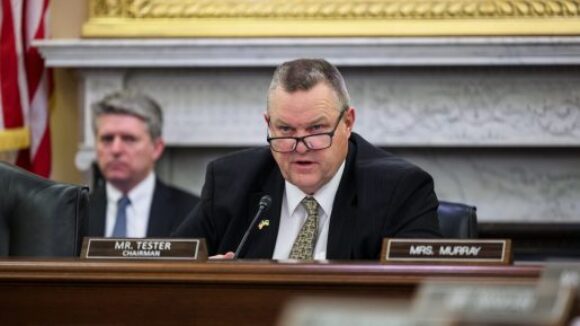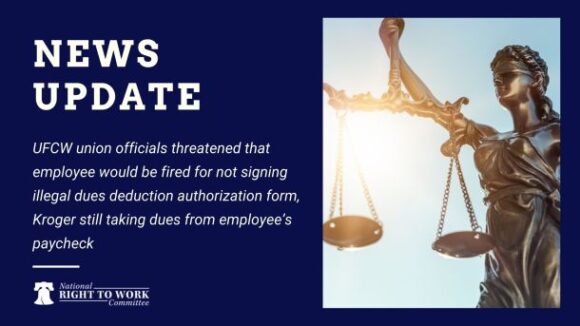When Republicans in Wisconsin reformed the state’s collective bargaining laws, Massachusetts Governor Deval Patrick rushed to schedule a speech in Wisconsin so he could denounce lawmakers. But when the State House in his own state voted to change the way government employees could bargain for taxpayer benefits he praised the House for its “very important vote.” The Wall Street Journal notices the hypocrisy:
Scott Walker impressions are popular these days, and the latest and greatest aping of the Wisconsin Governor is coming from the liberal heartland. On Wednesday, the Massachusetts state House voted 111-42 to limit public employees’ ability to collectively bargain for health care. Mrs. Trumka, please hide all sharp objects from Richard, the AFL-CIO chief.
The bill sponsored by Democratic House Speaker Robert DeLeo would change the way teachers, police and other municipal employees bargain for health care, giving mayors and local officials the ability to set co-pays and deductibles after a 30-day negotiation period with the unions. If the unions agree to the mayor’s terms, 10% of the savings goes back to the unions. If they object, 20% of the savings goes into a special fund for workers’ health-care costs. The reforms, which are expected to save $100 million in the next year, also require retirees to enroll in Medicare.
Coming in the bluest of blue states, the news landed like ice water on unions, which are shouting betrayal. “These are the same Democrats that all these labor unions elected, the same Democrats who we contributed to in their campaigns,” Massachusetts AFL-CIO President Robert Haynes said. “It’s a done deal for our relationship with the people inside that chamber.”
Democratic Governor Deval Patrick responded by praising the House for its “very important vote” while insisting that “this is not Wisconsin” and that “there is room for debate.” In January, he introduced a bill to give similar authority to local officials to change municipal health plans after consulting with union leaders, so we hope he’s not getting cold feet now.
Wisconsin’s reforms were contentious, but they were also worth the fight on the policy merits. The Bay State’s changes show that the battle over the collective bargaining power of public unions isn’t some partisan assault on all unions. It’s a fiscal necessity to spare taxpayers from the escalating financial demands of unions that have a monopoly on public services and are crowding out other priorities. A recent study by the Massachusetts Business Alliance for Education found that from 2000 to 2010 “health care consumed two thirds of the entire increase in state spending” and reform has thus become “a critical education issue.”
So far at least, unions and their MSNBC friends haven’t descended on Beacon Hill the way they did Madison against Governor Walker and Republicans. We wonder why. President Obama also waded into the Wisconsin melee to accuse Mr. Walker of an “assault” and say unions shouldn’t be “vilified.” Any comment on Massachusetts, sir?


